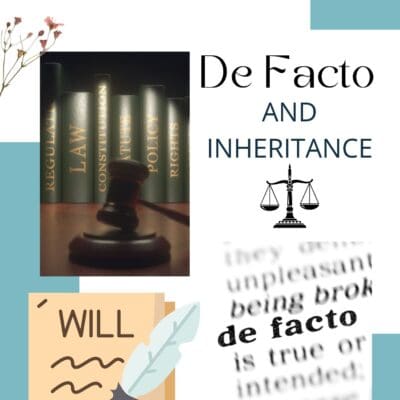You’ve probably seen it in the movies – a group of family members and long lost relatives sitting in a lawyer’s office eagerly anticipating the reading of the Will to see if they have inherited anything.
In reality, the position is much less dramatic. Read our latest article from The District Reporter on what usually occurs.
Click here for the latest publication of The District Reporter
You have probably seen it in the movies – a group of family members and long-lost relatives sitting in a lawyer’s office eagerly anticipating the reading of the Will to see if they have inherited anything.
In reality, the position is much less dramatic. Very rarely in NSW is there a formal reading of the Will and so a person may not know that they are a beneficiary of a deceased estate until they are contacted by the solicitor for the estate or the executor.
The law in NSW is that there are a number of categories of people who are entitled to inspect the Will of a deceased person. These include any person named or referred to in the Will, whether this is as a beneficiary or not, any person named or referred to in an earlier Will as a beneficiary of the deceased person, the surviving spouse, a de facto partner, a child of the deceased person, a parent or guardian of the deceased person, a parent or guardian of a child referred to in the Will, any person (including a creditor) who has or may have a claim against the estate of the deceased person and an attorney appointed under the Enduring Power of Attorney made by the deceased person.
It is important to note, however, that the entitlement to inspect a Will of a person only arises after the person has died, not beforehand.
Any person who has possession or control of a Will of a deceased person, such as the executor or the solicitor acting on behalf of the estate, must allow any of those persons to inspect or be given a copy of the Will. If a copy is to be given, it is to be at the expense of the person requesting the copy.
Importantly, the word “Will” in this situation not only includes the current Will but also a revoked Will (that is a Will previously made and then overtaken by a later Will), a document that may not be a formal Will but was intended to be a Will, a part of a Will and a copy of a Will.
If you fall within the category of persons entitled to inspect or receive a copy of the Will of a deceased person, and you wish to do so, you should contact the solicitor acting for the estate or the deceased’s executor and make that request. You should make this request in writing so that you have a record of it, and you should be prepared to provide your identification documents so that you can prove who you are.




